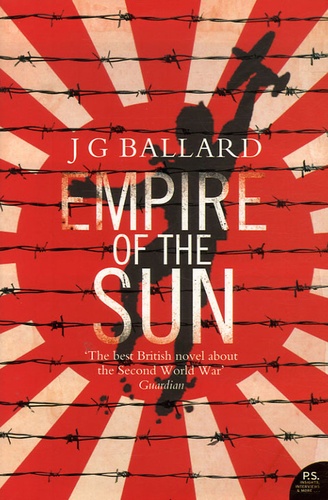
"I have to go home. I have had one heck of a good time. Listen: We are here on Earth to fart around. Don't let anybody tell you any different!"
Yes my friend, the time has come for my annual Vonnegut. What a joy. I'm a bit ahead of schedule, I know, as I was reminded of having been reading some of last year's installment during a weekend away in mid-April. I was reminded of this because, it turns out, I was reading aloud out the window from my bath on the second floor of our lovely old Norfolk farmhouse to some friends down in the garden below. Not a bad idea, in theory, except that you might remember a central feature of the book I read last year,
Breakfast of Champions, was its illustrations. It was here, I suspect, that the plan fell apart, and not for the simple oddity of having a naked friend read to you from two floors above. I concede that I may have been slightly drunk. Alas.
Timequake. Whoa. I'll let
Timequake explain the timequake, as it happened to Kilgore Trout:
"The timequake of 2001 was a cosmic charley horse in the sinews of Destiny. At what was in New York City 2:27 p.m. on February 13th of that year, the Universe suffered a crisis in self-confidence. Should it go on expanding indefinitely? What was the point? It fibrillated with indecision. Maybe it should have a family reunion back where it all began, and then make a great big BANG again. It suddenly shrunk ten years. It zapped me and everybody else back to February 17th, 1991, what was for me 7:51 a.m., and a line outside a blood bank in San Diego, California."
In 2001, the timequake 'zaps' everyone back to 1991, and continues for 4 days short of a 10 years. During the rerun, everyone's free will is suspended, meaning that if in 1996 take 1, you stacked your car, or failed your maths test, or forgot to call your mum's birthday, or won the lotto, in 1996 take 2, exactly the same thing will happen again. Vehicles are also subject to this, so you get in your car and it goes where it went the first time, for example, without any direction or input from you. This serves to allow Vonnegut to explore free will and determinism, and as you might imagine in the hands of this master craftsman, it's a joy.
The rerun goes off without a hitch, really, and it's only when the rerun ends, and free will is reinstated that thing get messy. When the timequake ends, people are struck dumb by their own free will. In essence, we're told, "If your brains were dynamite, there wouldn’t be enough to blow your hat off."
Lucky, Kilgore Trout, science fiction writer turned hobo and Vonnegut's fictional alter ego, is schlepping around and saves the day. "You were sick, but now you're well again, and there's work to be done," he tells us. People need rousing from their determinist existence, they almost need to be tricked into living again, because '[t]he truth about the human condition is just too awful".
Timequake is one of Vonnegut's last published works, and it is just as much a reflection/memoir/nostalgic conversation as a novel. The book is so aware of itself, to the extent that Vonnegut explains that what we're actually reading is the salvaged parts of an earlier manuscript, Timequake One, which he worked on for a decade but found to be untenable, and the most recent musings of his 78 year old self. Often, poignantly, and as with
Breakfast of Champions, many of these musings are on the usefulness or otherwise of writing, art, living and you know, some other big things. Just let me share two thoughts with you, and then I'll leave you, to begin your own Vonnegut discovery journey of wonderment:
"Let me note that Kilgore Trout and I have never used semicolons. They don't do anything, don't suggest anything. They are transvestite hermaphrodites."
and,
"Many people need desperately to receive this message: 'I feel and think much as you do, care about many of the things you care about, although most people don't care about them. You are not alone.' "
Get amongst it. You won't be sorry.







